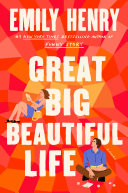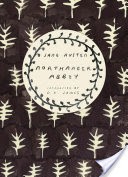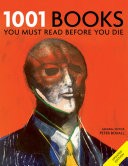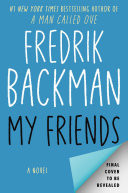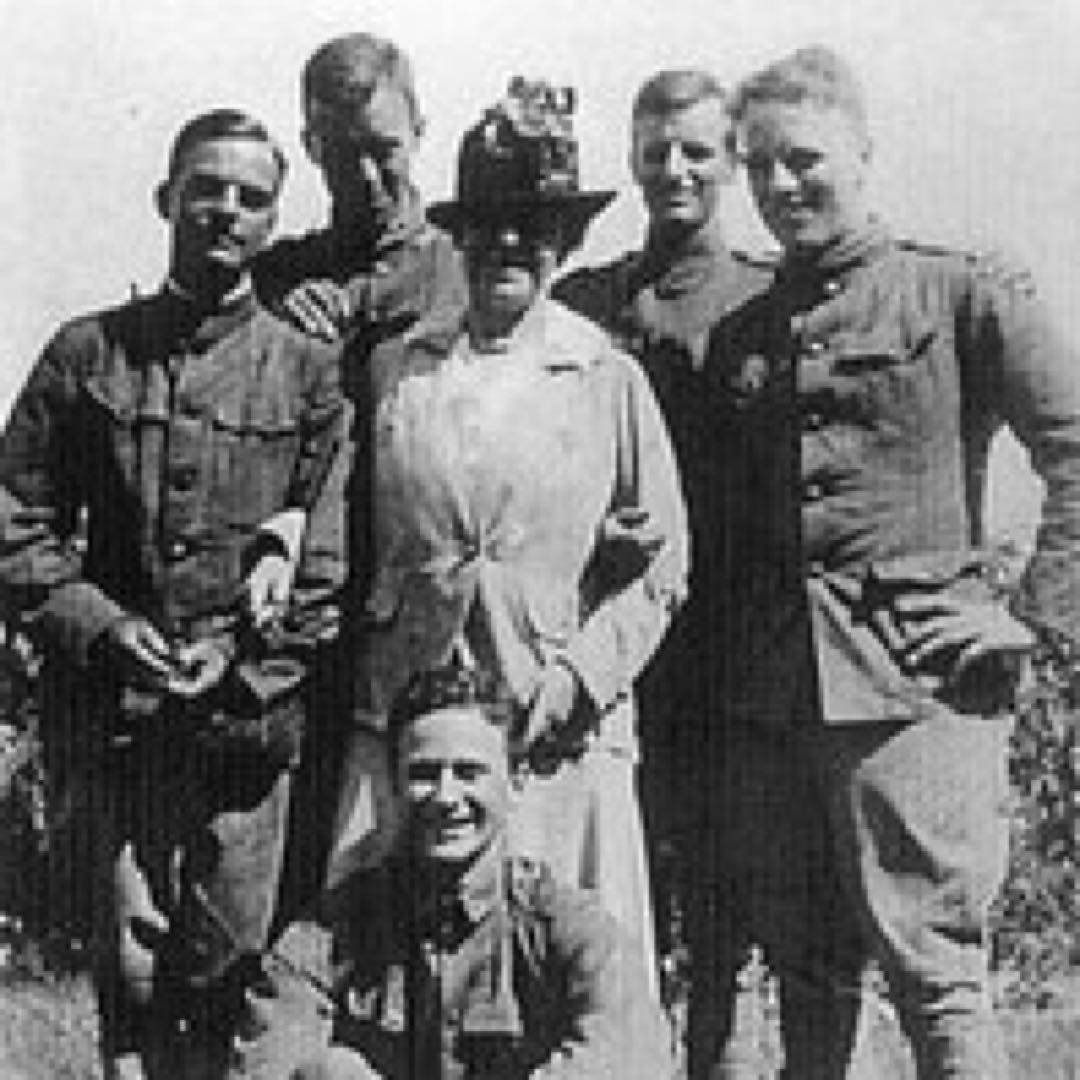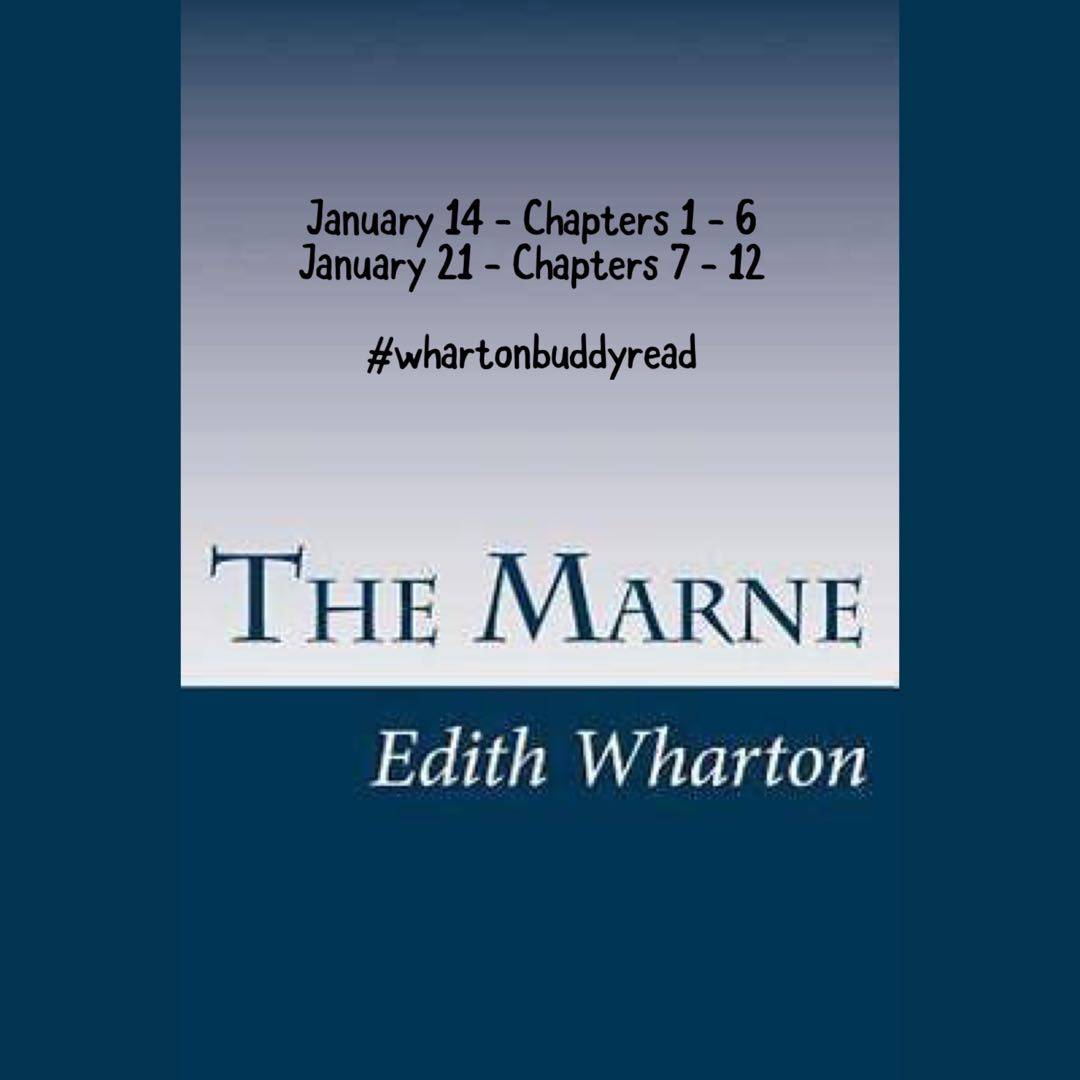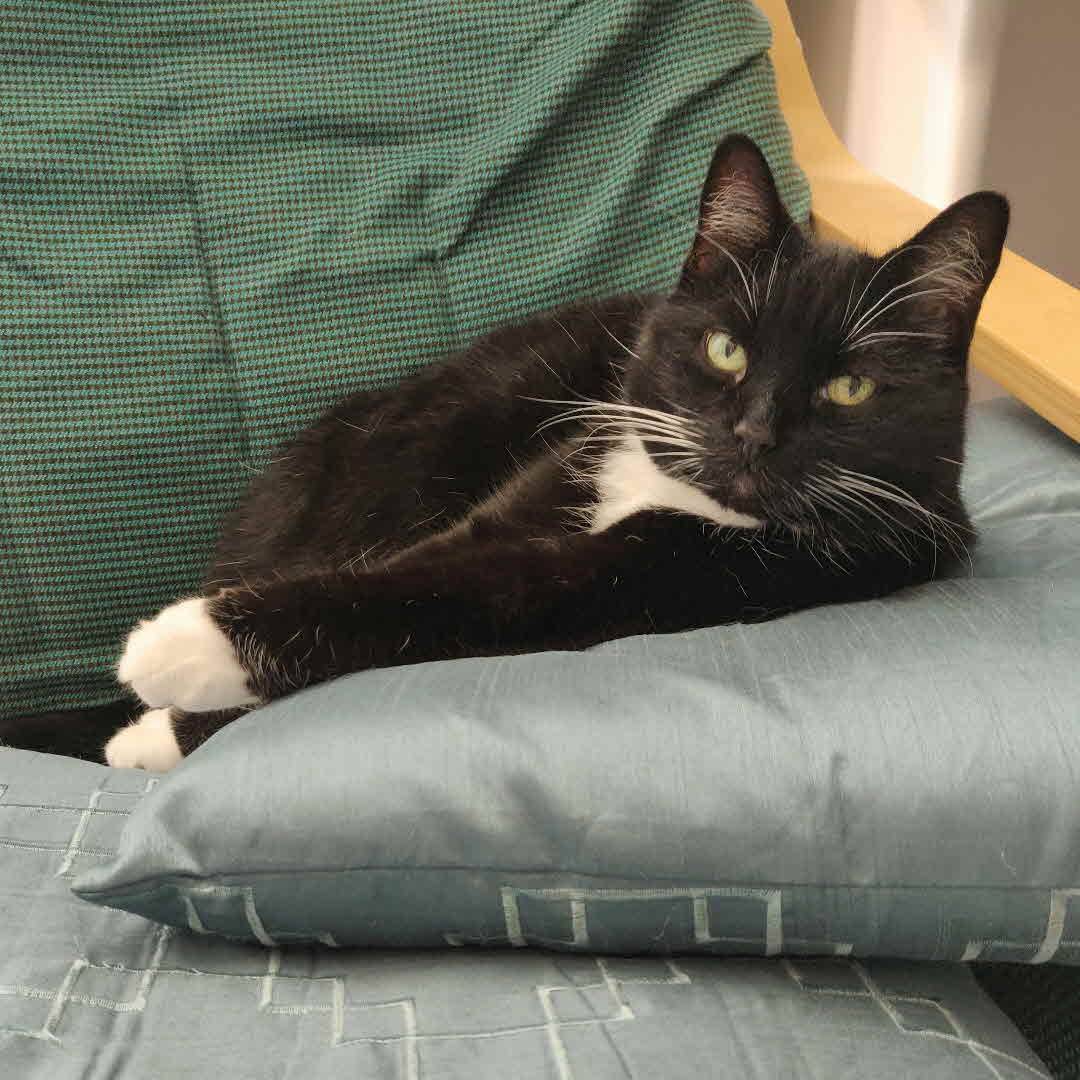
Much belated #whartonbuddyread post...
I feel like this one landed oddly for me. I think I'd have preferred it either pared right back to a short story, or else fleshed out and all the themes and threads elaborated into a novel. But still an interesting read.







